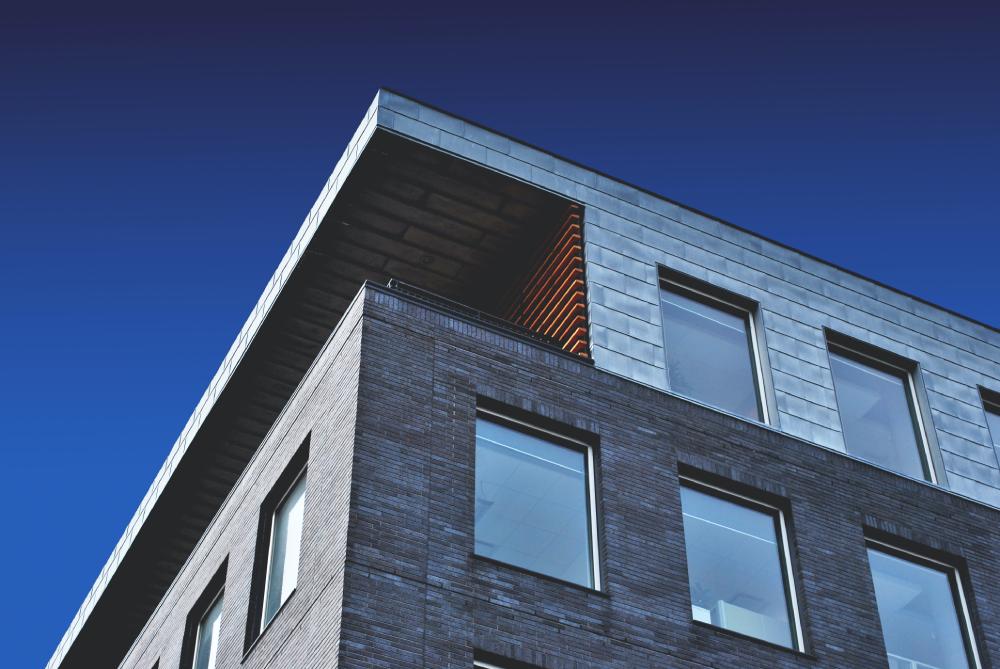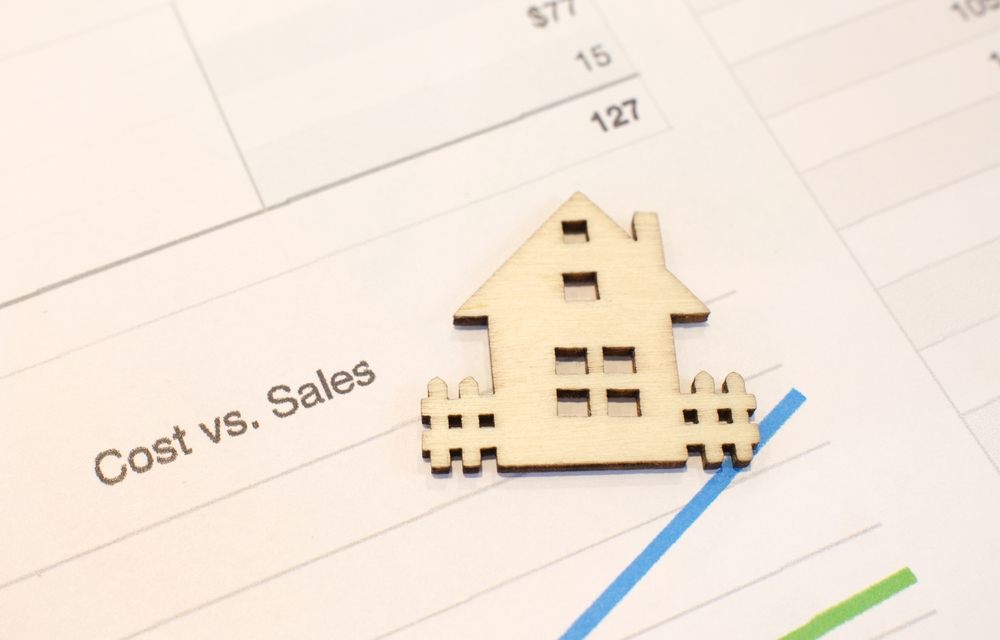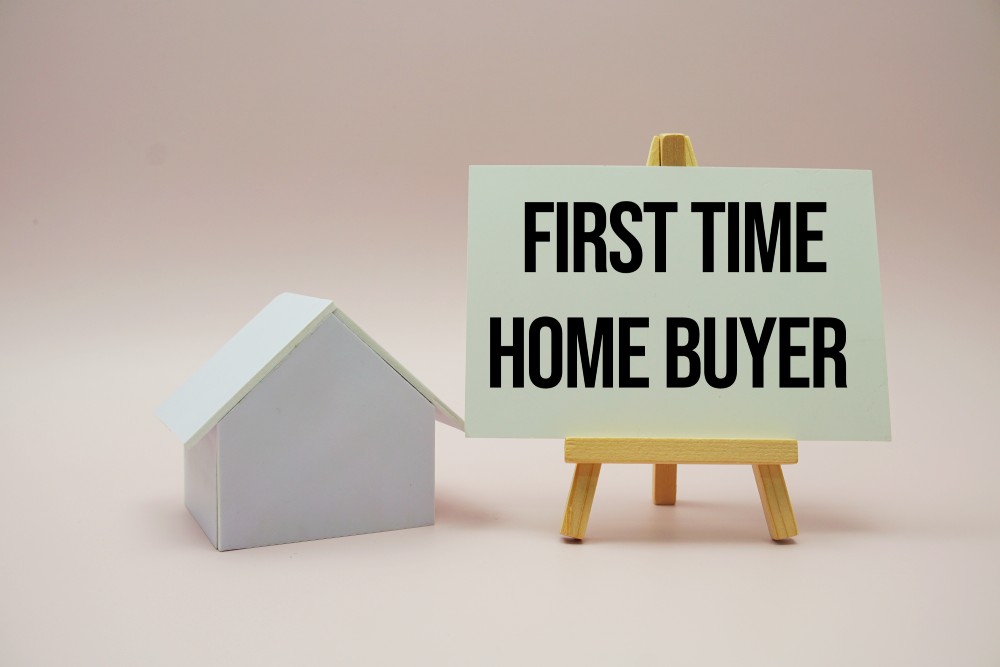When it comes to buying property in the United Kingdom, understanding the fundamental differences between freehold and leasehold ownership is essential. These terms may sound familiar, but what do they really mean, and how do they affect your property rights and responsibilities? In this article, our property experts delve into the intricacies of freehold and leasehold properties to help you make informed decisions when navigating the complex world of real estate.
Freehold Property
Freehold is the most straightforward form of property ownership in the UK. When you own a freehold property, you have complete ownership of both the property and the land it sits on. This means that you have the absolute right to occupy and use the property indefinitely, without any time restrictions.
Key Characteristics of Freehold Property
- Ownership in Perpetuity: Owning a freehold property means you possess it for an unlimited duration. This form of ownership is often referred to as “fee simple absolute in possession,” giving you the highest level of ownership rights.
- No Ground Rent: Unlike leasehold properties, freehold properties do not require you to pay ground rent to the landlord. You are free from ongoing financial obligations to the property owner.
- Greater Control: As a freeholder, you have more control over your property. You can make alterations and renovations to your home without seeking permission from a landlord, subject to planning and building regulations.
- No Leaseholder Agreements: Freehold properties are not bound by lease agreements, which means you won’t have to worry about lease extensions or the potential for leasehold disputes.
- Passing on Ownership: You have the freedom to sell or pass on your freehold property to heirs, ensuring your legacy continues for generations.
- Responsibility for Maintenance: While you enjoy complete control, you are also solely responsible for maintaining the property and its surroundings. This includes repairs, insurance, and upkeep of common areas (if applicable).
Leasehold Property
Leasehold property, on the other hand, grants you ownership of the property but not the land it stands on. Instead, you enter into a lease agreement with the landlowner (often referred to as the freeholder) for a specified period, typically ranging from 99 to 999 years. Once the lease expires, ownership of the property reverts to the freeholder unless you extend the lease.
Key Characteristics of Leasehold Property
- Limited Ownership Period: Leasehold properties come with a fixed term, and when the lease expires, ownership reverts to the freeholder. Extending the lease can be a costly and complex process.
- Ground Rent: Leasehold properties typically require payment of an annual ground rent to the freeholder. The amount can vary significantly, and it may increase over time.
- Leaseholder Agreements: Leaseholders are bound by lease agreements that outline their rights and responsibilities. These agreements can include restrictions on alterations, subletting, and even pet ownership.
- Maintenance Costs: While the freeholder usually takes care of common areas like hallways and communal gardens, leaseholders are responsible for a portion of these maintenance costs through service charges.
- Lease Extension: If you wish to extend the lease on a leasehold property, it’s essential to start the process well before the lease expiration date. Failing to do so can lead to complications and potentially a loss of property.
How to Choose Between Freehold And Leasehold
Deciding between freehold and leasehold ownership depends on your preferences, budget, and long-term plans. Here are some factors to consider when making your choice:
Duration of Ownership
If you want to pass down your property to future generations, freehold ownership is the obvious choice, as it provides ownership in perpetuity. Leasehold properties, with their limited term, may not be suitable for those seeking long-term investments.
Budget and Costs
Leasehold properties often come with lower upfront costs than freehold properties, making them more accessible for first-time buyers. However, you must factor in ground rent, service charges, and potential lease extension costs when budgeting for a leasehold property.
Control and Flexibility
Freehold properties offer greater control and flexibility over your home. If you value the freedom to make changes without seeking permission or want to avoid the restrictions of leaseholder agreements, freehold may be the better option for you.
Maintenance Responsibilities
Consider your willingness and ability to maintain the property and any associated outdoor spaces. Freehold properties require full responsibility for upkeep, while leasehold properties typically involve sharing maintenance costs with other leaseholders.
Location
In some areas, leasehold properties are more common due to limited land availability. If you have your heart set on a particular location, you may need to be open to both freehold and leasehold options.
Future Plans
Think about your future plans and how they align with the type of property ownership you choose. If you plan to stay in the property for the long term, freehold may provide peace of mind. However, if you anticipate moving in the near future, the leasehold might be more manageable.
Final Thoughts
In summary, the primary difference between freehold and leasehold properties in the UK lies in the ownership of the land and the duration of ownership. Freehold ownership provides complete control and ownership of both property and land in perpetuity, while leasehold ownership grants ownership of the property for a fixed term but not the land.
Choosing between freehold and leasehold depends on your individual circumstances, financial considerations, and long-term goals. It’s crucial to thoroughly research and seek professional advice, including legal and financial counsel, before making a decision. This ensures that you make an informed choice that aligns with your needs and preferences in the complex world of property ownership in the United Kingdom.
More Questions About The Difference Between Freehold And Leasehold?
Our skilled conveyancing specialists at PM Property Lawyers are extremely knowledgeable in this area and would be happy to help you with any further questions. To get in touch with us, please fill out our contact form or call us directly on 0330 056 2184 to speak with one of our specialist team today.






